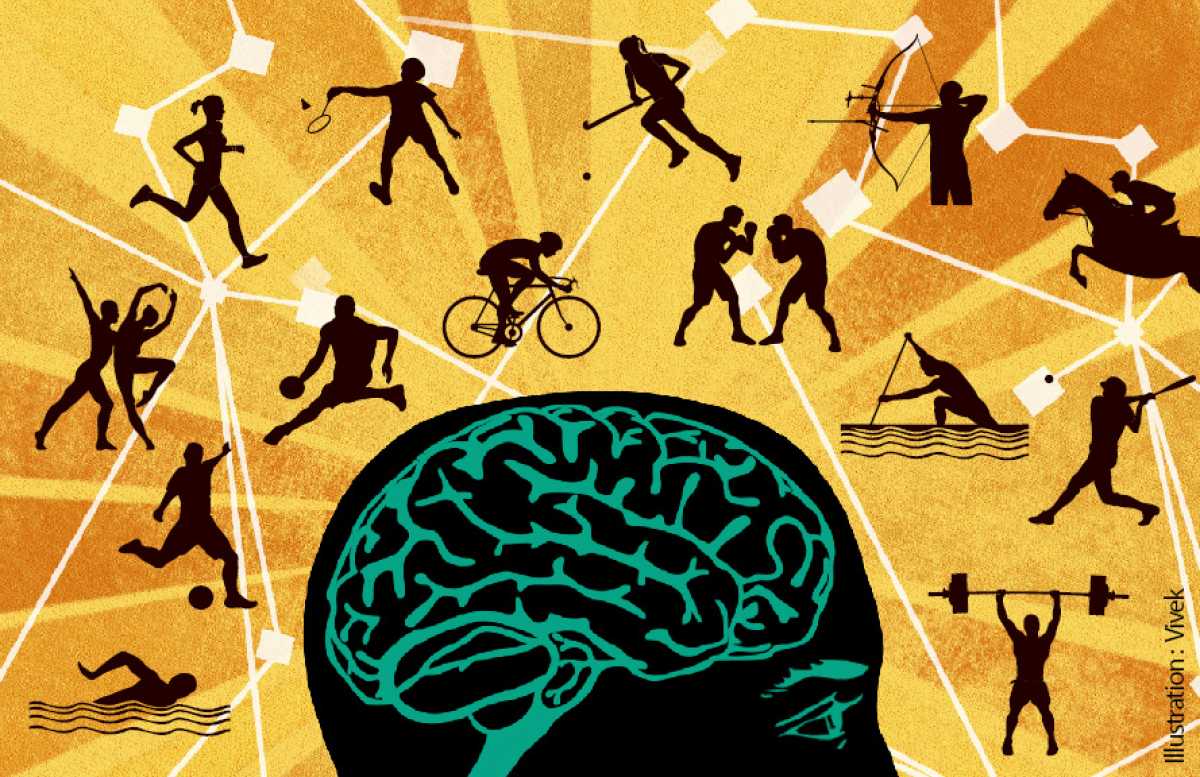Features
Understanding The Role Of Psychology In Sports Success

Sports success is not just determined by physical prowess and skill but also by the strength of one’s mental game. The field of sports psychology has emerged as a crucial component in helping athletes enhance their performance, overcome obstacles, and achieve their goals. By understanding and harnessing the power of psychology, athletes can unlock their full potential and gain a competitive edge. This article explores the various ways psychology influences sports success and provides valuable insights into optimizing mental performance.
The Mind-Body Connection
One of the fundamental aspects of sports psychology is the recognition of the intricate relationship between the mind and the body. Our thoughts and emotions have a direct impact on our physical capabilities. Negative thoughts, self-doubt, and anxiety can hinder performance, while positive thinking, confidence, and focus can significantly enhance it. By training the mind to stay positive, calm, and focused, athletes can optimize their physical abilities and deliver their best performance when it matters the most.
Goal Setting and Motivation
Setting clear and achievable goals is essential for success in sports. It not only provides athletes with a sense of direction but also fuels motivation. Sports psychologists work closely with athletes to help them set both short-term and long-term goals that are specific, measurable, attainable, relevant, and time-bound (SMART goals). By breaking down big goals into smaller milestones, athletes can maintain focus, track progress, and stay motivated in their journey towards success.
Visualization and Mental Imagery
Visualization is a powerful tool in sports psychology. Athletes are encouraged to create vivid mental images of themselves performing at their best. By repeatedly visualizing successful performances, athletes can pre-program their minds and enhance their confidence. Research has shown that mental imagery can activate neural pathways in a manner similar to physical practice, improving muscle memory and overall performance. By incorporating mental imagery techniques, athletes can fine-tune skills, boost self-belief, and optimize performance under pressure.
Managing Pressure and Performance Anxiety
Every athlete experiences pressure and performance anxiety at some point in their career. Sports psychologists play a vital role in helping athletes develop effective coping mechanisms to manage stress and anxiety. Through various relaxation techniques, breathing exercises, and mindfulness practices, athletes can calm their minds and bodies, improve focus, and perform at their best under pressure. Moreover, understanding the root causes of anxiety and developing strategies to reframe negative thoughts can provide athletes with a mental edge, enabling them to thrive in high-pressure situations.
Building Resilience and Overcoming Setbacks
In sports, setbacks and failures are inevitable. However, the ability to bounce back and learn from these experiences is what sets successful athletes apart. Sports psychology helps athletes develop resilience by teaching them to embrace failure as an opportunity for growth, maintain a positive mindset, and establish a strong support system. By highlighting the importance of self-care, mental rest, and self-compassion, sports psychologists enable athletes to overcome setbacks, build mental toughness, and continue striving for excellence.
Creating Positive Team Dynamics
In team sports, the psychological aspect extends beyond individual performance. Effective communication, trust, and cohesion among teammates are vital for success. Sports psychologists work with team coaches and athletes to build positive team dynamics by fostering open communication, resolving conflicts, and developing trust. By creating a supportive team environment that values collaboration and collective goals, athletes can thrive, pushing each other to reach new heights and achieving collective success.
Conclusion
In conclusion, sports psychology plays a significant role in shaping the success of athletes. By understanding and harnessing the power of psychology, athletes can optimize their mental performance, enhance physical capabilities, and unlock their full potential. From the mind-body connection to goal setting, visualization, managing pressure, building resilience, and team dynamics, psychology provides valuable tools and strategies for athletes to excel in their chosen sport. Integrating the principles and practices of sports psychology into training and competition can lead to improved performance, increased satisfaction, and a greater sense of fulfillment for athletes at all levels.










